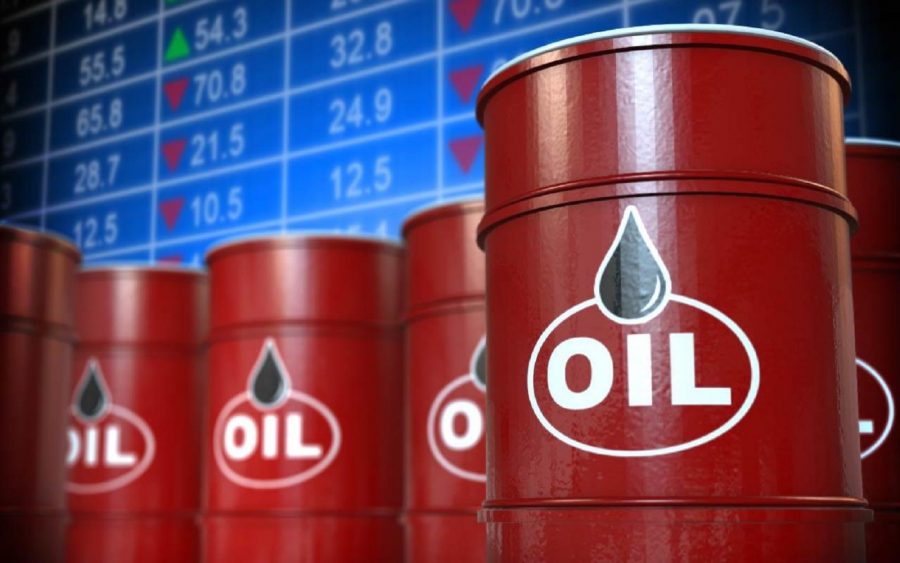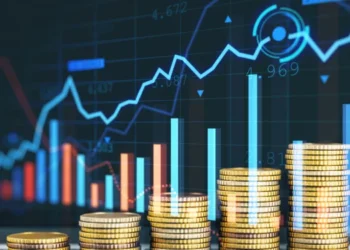The recent up-tick in the global oil market holds much optimism of facilitating Ghana’s recovery path. This is because available data shows that the country is currently a net exporter of crude oil.
As of 8th March 2021, OPEC’s daily basket of price stood at $68.17 per barrel, up from $67.03 on Friday. Meanwhile, the preliminary 2021 annual average OPEC oil price stands at $57.72 per barrel. This is higher than the overall 2020 average of US$50.2 per barrel. However, it is still below pre-COVID levels of US$65.2 per barrel in 2019.
Last year, prices of crude oil fell sharply due to a significant decline in transportation fuel demand and weakened economic prospects during the coronavirus pandemic.
Effect on exports
The decline in crude oil prices affected the country’s foreign exchange earnings in 2020. Crude oil export receipts declined by US$1.6 billion. This contributed significantly to a decline in total exports by 7.8 percent in 2020.
However, the recent performance of crude oil coincides with the rebound of economic activities in most countries. Nonetheless, for Ghana, the net effect of the recent price increase will depend on how much it exports or imports. It will also depend on the stability of crude oil prices throughout the year.

Luckily for Ghana, available data shows that the value of oil exports is higher than imports. For instance, in December 2020, Ghana’s oil exports amounted to US$2,910.6 million as compared to imports of US$1,900.3 million. Also, in December 2019, oil exports amounted to US$4,493.1 million compared to an import value of US$2,420.3 million.
All things being equal, the country will raise more revenues from the recent oil price increment. But conditioned on a stable crude oil price for the rest of 2021. The country’s trade balance will improve if the oil price remains stable. However, oil price fluctuations will worsen the trade balance.
Impact on inflation
Despite the optimism of an improvement in the country’s trade balance, there are also down risks. Developments in the oil market have a direct link with general price movements as a result of the importation of the refined products into the country. Ghana currently practices automatic adjustment, so once oil prices are rising, pump prices will also increase.
The high prices at the pump will be passed on through high transport fares, and subsequently, affect food and other products. Even though data suggest that inflation is gradually easing, a rise in oil prices poses some risk. But often the increment is marginal, therefore, the effect on inflation will be minimal. Inflation currently stands at 9.9 percent at End-January 2021.
Pressure on government expenditure
Moreover, in the worst-case scenario, If the recent price movements become substantial and sustained, transportation and utility prices may go up. This will force the government to roll out additional stimulus packages if COVID-19 cases still rise. So far, the government has spent over GH¢11.2 billion as fiscal costs to minimize the impact of the pandemic. The government deployed these funds as stimulus packages to households and businesses.
Manufacturing activities
Certainly, energy plays a significant role in manufacturing. Therefore, a rise in oil prices may drive up manufacturing costs. This may affect the production of domestically produced goods. Also, it may result in higher prices of these goods. Consumers will then shift to foreign goods that may be cheaper but which serve the same purposes.
Already, inflation in the Manufacturing sub-sector increased by 3.7 percentage points to record 7.5 percent in January 2021. But it is worth noting that economic activity has not yet returned to pre-COVID-19 levels. So, any significant rise in the cost of production may force companies to lay off workers. This will further compound the already high unemployment rates in the country.
The overall effect on the economy
In a nutshell, the country stands to gain if the net effect is positive. That is if oil exports bring in more revenue that can offset the down risk pose to inflation and manufacturing sector activities. More so, if the government will use the oil revenue to provide subsidies for producers and additional relief packages for consumers.
The recent vaccination exercise brings optimism in the fight against the virus. However, the government must keep an eye on other external factors that pose a downward risk to the recovery process.





















